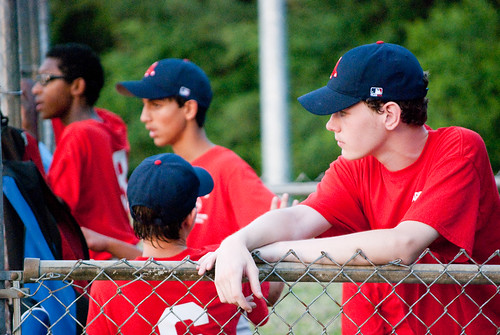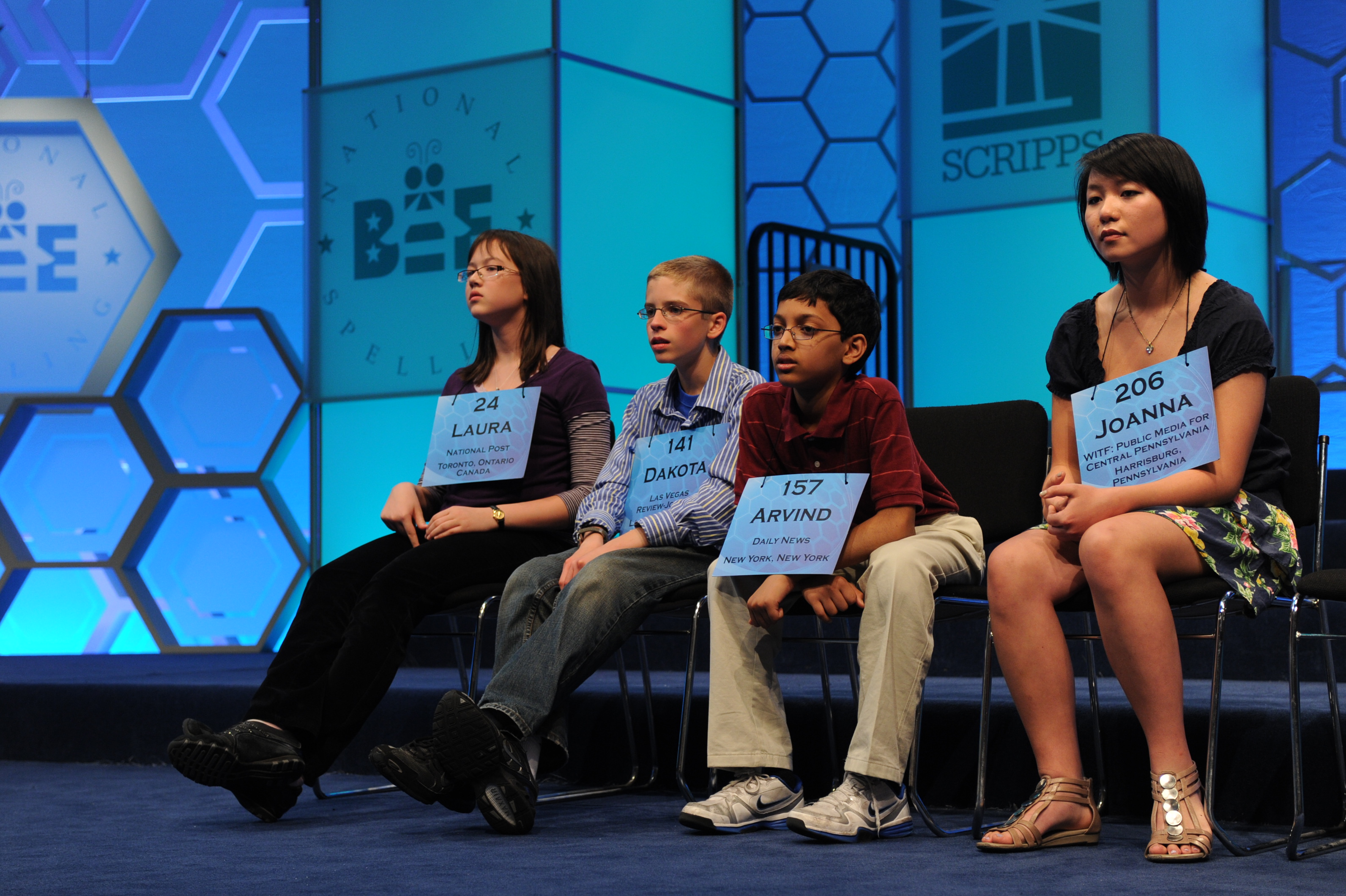Some days my gratitude list includes that fact that my parents were busy and overwhelmed learning how to take care of me – otherwise, they might have had time to find out that teen parents are destined to poverty and failure! Fortunately they didn’t know that.
At the age of nineteen, they were married, full time university students – and parents. Whatever their plans had been until then, they now had responsibilities to take care of.
Fortunately, their parents had taken the time to plant their feet on the ground and aim their eyes toward the sky. It never occurred to them to do anything BUT to figure out how to create the best possible family they could. They were blessed with the examples of hard work, goal setting and ‘stick-to-it-ive-ness.’ It took ‘early parenthood’ to bring these skills and attitudes into focus.
That’s the point. Everyone starts somewhere. People are born with unlimited amounts of potential, most of which never gets tapped. Early in their lives, something or someone creates a spark. Circumstances – often unpleasant ones – help them catch fire, get to work and accomplish the things that matters to them.
Are the tough times in your life fanning a spark that will grow into a flame?






